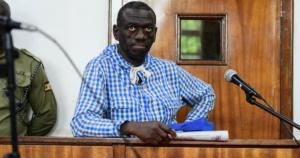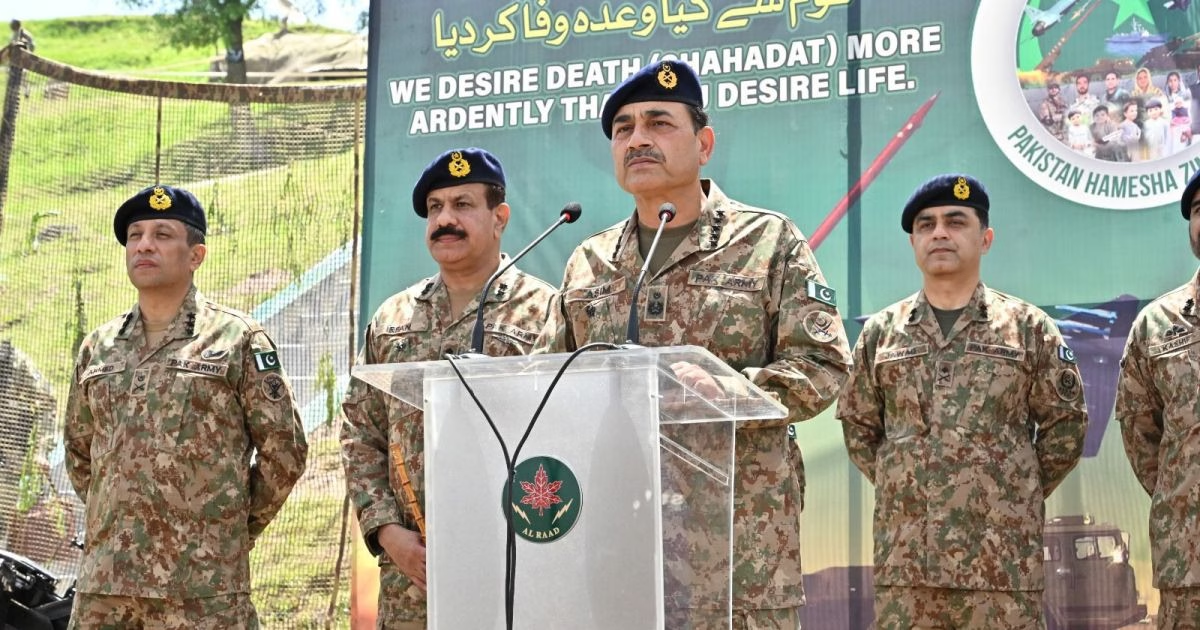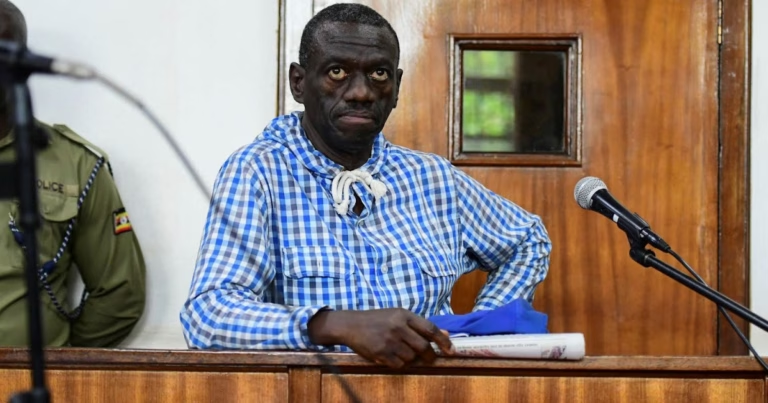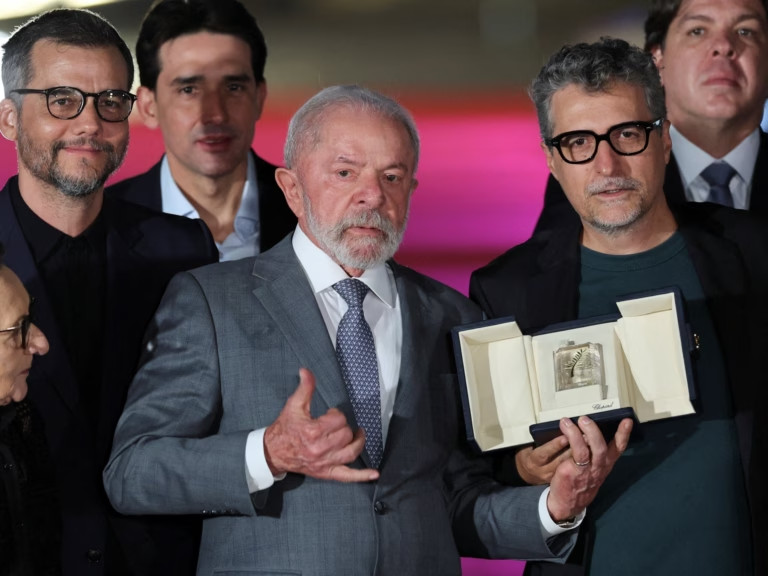Following the meeting, Munir expressed “deep appreciation” for Trump’s role in brokering a ceasefire between India and Pakistan after their clash the previous May, in accordance with ISPR. Emphasizing Trump’s appreciation for Pakistan’s efforts against “terrorism,” the statement revealed both leaders’ commitment to enhancing bilateral ties.
Without a formal press release from the White House, Trump briefly addressed reporters post-meeting, expressing respect and gratitude towards Munir. Despite the tension easing, Trump alluded to the ongoing Israeli-Iran conflict, hinting at potential U.S. involvement and commentating on Pakistan’s deep understanding of, and discomfort with, Iran.
Analysts see this development as a litmus test for Pakistan’s relations with the U.S., noting the complexities introduced by Iran’s strained relationship with Israel, and Pakistan’s close ties with China, a rival to the U.S.
Trump and Munir: What was on the agenda?
During the meeting, both leaders discussed areas for bilateral cooperation such as economic development, artificial intelligence, and energy among others. Concerns over the Israeli-Iran conflict were also broached, with each side prioritizing the need for a peaceful resolution.
Accompanying Munir was Pakistan’s national security adviser, Lt. Gen. Asim Malik, while U.S. Secretary of State Marco Rubio and the president’s chief Middle East negotiator, Steve Witkoff, were present on the American side.
Experts like Marvin Weinbaum from the Middle East Institute note the absence of media, suggesting a private conversation possibly aimed at discussing Pakistan’s position regarding Iran’s ongoing tensions.
‘A significant upswing’
Though Pakistan has been a U.S. ally in the past, the relationship has been marked by accusations and strained ties. However, this meeting marks a potential turning point, with the U.S. seemingly eager to know more about Pakistan’s position on the ongoing Iran conflict.
Elizabeth Threlkeld from the Stimson Center and security policy expert Sahar Khan weigh in on the meeting as a positive shift, though cautioning against unrealistic expectations. They advise Pakistan to leverage this moment to redirect U.S. focus away from viewing the country through the lenses of India, China, or Afghanistan.
China: A strategic conundrum
China remains Pakistan’s critical partner, with deep economic and military ties. However, the U.S. views China as its main rival. Managing these relationships without being pulled into any camp will be a significant challenge for Pakistan. Yet, the fact that both superpowers seek closer ties with Pakistan offers Islamabad diplomatic leverage to strengthen its relationships with both Beijing and Washington.
The Iran dilemma
Iran’s conflict with Israel and Pakistan’s close ties with Tehran place Islamabad in a delicate spot. As a potential mediator, Pakistan must navigate this complex landscape carefully, advocating for diplomacy while managing internal security concerns.
The meeting and subsequent diplomatically nuanced relationships signal a new era in U.S.-Pakistan relations, albeit one fraught with challenging geopolitical landscapes.







